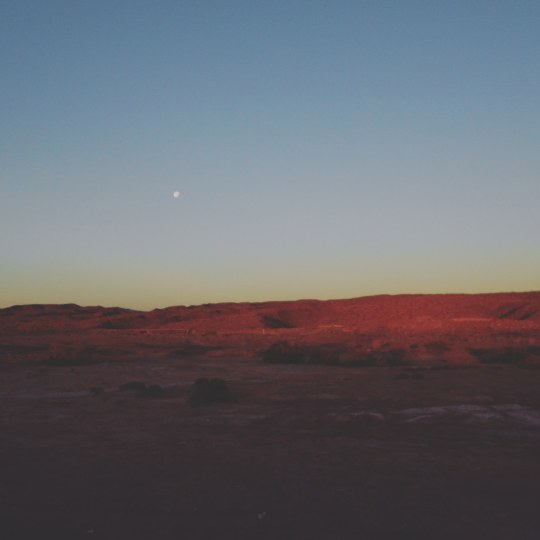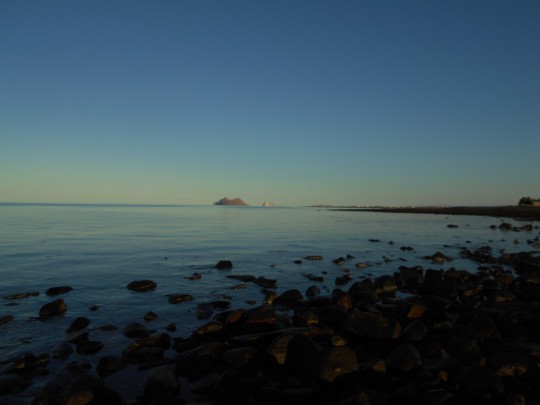Don't wanna be here? Send us removal request.
Text
"Pero hay unos nuevos cielos y una nueva tierra que esperamos según su promesa, y en ellos reinará la justicia."
2 Pedro 3:13


7 notes
·
View notes
Text

Buenos días ☀️
Good morning ✨
Guten tag 😶🌫️
7 notes
·
View notes
Text
Por lo general las estrellas existen en grupos, formando constelaciones... Pero ¿Qué hay del Sol?
No puede ser casualidad que esté perfectamente acomodada para que en la Tierra exista la vida.

6 notes
·
View notes
Photo

Lyrid of the Lake : In the early hours of April 24 this bright Lyrid meteor flashed along the central Milky Way. For a moment, it cast a bright reflection across Lake Nian, Yunnan province, China. The annual Lyrid meteor shower, one of the oldest known, is active in late April, as our fair planet plows through dust left along the orbit of long-period comet Thatcher. The trail of the bright fireball points back toward the shower’s radiant in the constellation Lyra high in the northern springtime sky and off the top of the frame. Just rising in that starry sky, light from a third quarter moon also cast a glow on the peaceful waters of the lake. via NASA
418 notes
·
View notes
Photo

Río de la Plata
#buenosaires #rio #arcoiris #sunset #bsas #bairesgram #atardecer #cielo #sky #argentina #storm #cielosdebuenosaires #sabado (en Costa Salguero) https://www.instagram.com/p/CnvJWZsuphR/?igshid=NGJjMDIxMWI=
15 notes
·
View notes
Photo

Planet Parade over Sydney Opera House : The world is waking up to a picturesque planet parade. Just before dawn, the eastern skies over much of planet Earth are decorated by a notable line of familiar planets. In much of Earth’s northern hemisphere, this line of planets appears most nearly horizontal, but in much of Earth’s southern hemisphere, the line appears more nearly vertical. Pictured over the Sydney Opera House in southern Australia, the planet line was captured nearly vertical about five days ago. From top to bottom, the morning planets are Saturn, Mars, Venus, and Jupiter. As April ends, the angular distance between Venus and Jupiter will gradually pass below a degree as they switch places. Then, as May ends, Jupiter will pass near Mars as those two planets switch places. In June, the parade will briefly expand to include Mercury. via NASA
880 notes
·
View notes











